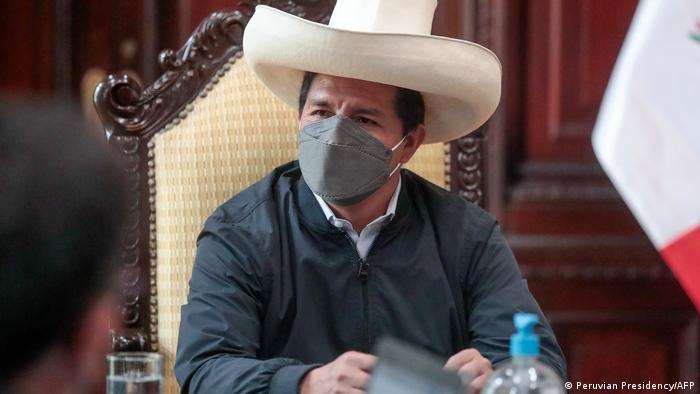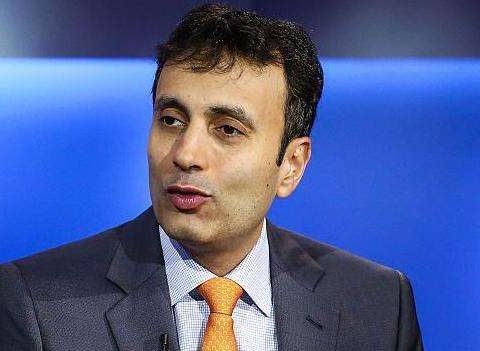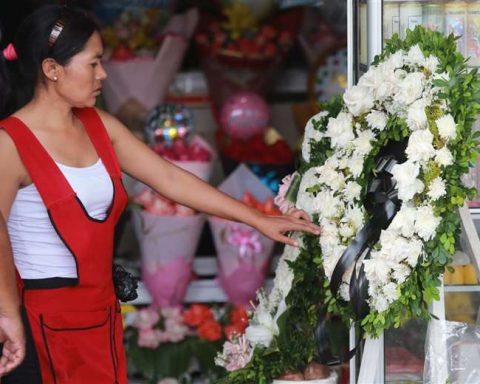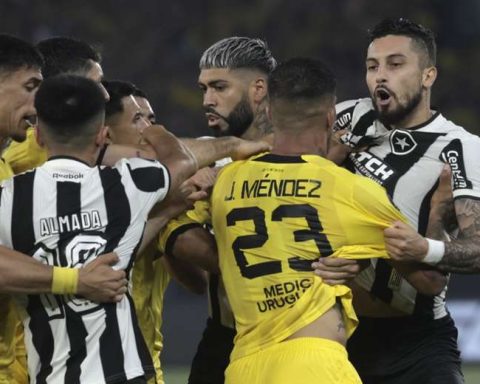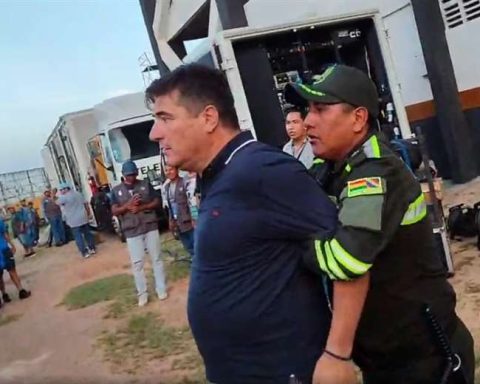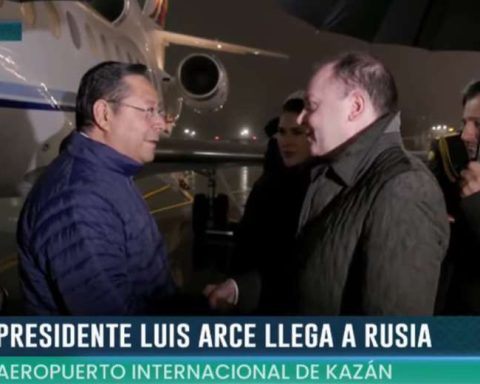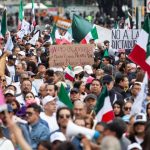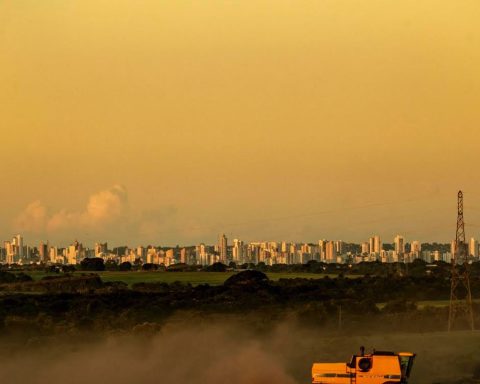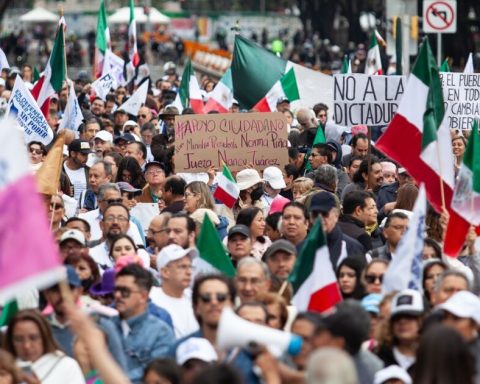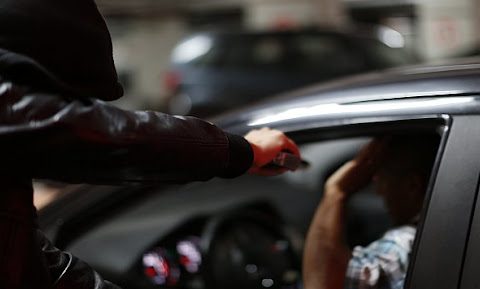December 9, 2022, 21:40 PM
December 9, 2022, 21:40 PM
On December 7, 2022, it will go down in history in Peru for the failed self-coup by Pedro Castilloin the same style as former President Alberto Fujimori, on April 5, 1992. The difference is that Fujimori had the Armed Forces and a political party on his side to remain in office until the year 2000, while Castillo was not only The military turned their backs on him, but also his own ministers, who resigned minutes after the former president announced the sudden dissolution of Parliament, and ended up in prison in a matter of hours.
For now, the judiciary has ordered seven days of preliminary detention against Castillo, as part of an initial investigation that is being followed for the alleged crime of rebellion. Supreme Judge Juan Carlos Checkley agreed to the request of the Prosecutor’s Office, alleging that the measure was necessary to carry out investigations aimed at, among other things, identifying which other officials participated in the alleged crime of rebellion.
Also, to avoid the risk of Castillo fleeing abroad, citing his intention to go to the Mexican embassy in Lima at the time of his arrest. Precisely, the Mexican president, Andrés Manuel López Obrador (AMLO), has confirmed that Castillo phoned him to ask for asylum and has reiterated its intention to provide that protection. But, is it possible that the Peruvian Justice leaves Castillo the way clear for a Mexican exile? What awaits the rural teacher in judicial terms?
Minimum two decades in prison
“An asylum is not possible. There is already a legal process of the Peruvian Justicea. The circumstance would have been different, if Castillo managed to enter the Mexican embassy,” criminal lawyer Carlos Rivera Paz, from the Institute of Legal Defense (IDL), explained to DW from Lima. In this sense, AMLO’s offer, believes the specialist, seems more for “the tribunes and a certain international community.”
Along the same lines, the Peruvian political scientist José Alejandro Godoy recalled the close ties that have existed between the two leftist leaders: “López Obrador has had a close relationship with Castillo. It’s basically a father-son relationship.” What Castillo should really be worried about is the two decades, at least, he could spend in prison. “It is probable that, after the seven days of preliminary detention, Castillo will receive 36 months of preventive detention,” says the lawyer Rivera Paz.
Something that, from his point of view, would not be necessary, because Castillo was arrested in flagrante delicto. “That is, there is tangible and concrete evidence that a criminal act has been committed and, in these cases, there is even the possibility that people will be sentenced in 48 hours”, details the specialist. In any case, “for the crimes of rebellion and sedition that the Prosecutor’s Office has accused him of violating article 117 of the Constitution, Castillo could receive a sentence of up to 20 years in prison,” says Rivera Paz.
What does the Constitution say?
According to article 117 of the Peruvian Constitution, the President of the Republic can only be accused, during his term, for treason, for preventing the presidential electionsparliamentary, regional or municipal, for dissolving Congress -except in the cases provided for in article 134 of the Constitution- and for preventing its meeting or operation or those of the National Election Jury and other electoral system bodies.
In the exception provided by article 134, The President only has the power to dissolve Parliament., if he has censured or denied his confidence to two ministerial cabinets, something that had not happened. That is why, shortly after Castillo’s announcement on national television, the Constitutional Court described the closure of Congress as a “coup d’état”, clarifying that “no one owes obedience to a usurping government.”
Immediately, the TC urged Parliament to “act according to their powers and competences” and called on the vice president, Dina Boluarte, to assume the government of the nation. In addition, he called on the Prosecutor’s Office, the Armed Forces and the National Police to “act in accordance with the law and proceed against those who have been outside of it.”
In this way, Parliament proceeded to dismiss Pedro Castillo in majority for “permanent moral incapacity”, as established in the Constitution. However, for that day, it was already planned to vote in the chamber, for the third time, on a motion to dismiss the former president. Said initial vacancy request was based on tax investigations such as criminal organization, influence peddling or collusion.
But Castillo miscalculated before his announcement, because there would not have been the necessary votes to remove him. “This has clearly been political suicide.” says the political scientist Godoy, and points to the closest environment of Castillo. “Everything indicates that the until then president of the Council of Ministers, Betssy Chávez, and former premier Aníbal Torres were their main support,” he says.
“Castillo will surely be sentenced for the crimes of breaching the constitutional order and there are also investigations for corruption,” says criminal lawyer Rivera Paz. For some years now, in Peru, the accumulation of sentences has been allowed. “For this reason, In addition to the penalty for rebellion, it is likely that for the case of criminal organization, be sentenced up to 30 more years”, says Rivera Paz. But that does not mean that Castillo will spend 50 years in prison, the expert clarifies, “because the accumulation of sentences has a maximum of 35 years or, as in other cases, life imprisonment.”
